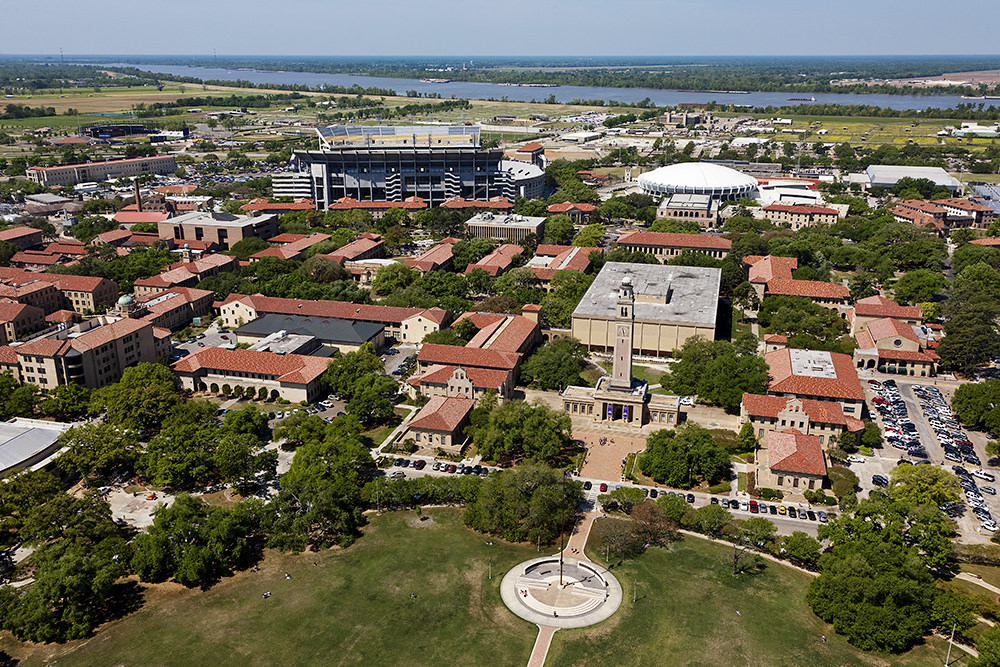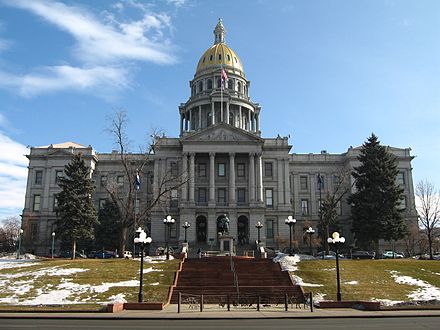Analysis: Conflicting Louisiana Drinking Bills
Two bills are trying to be passed in Lousiana, and both relate to a key issue on college campuses: under-age drinking. One of these bills, being presented by Senator Eric LaFleur, is to have the drinking age in Lousiana lowered so 19 and 20-year-olds can purchase alcohol. The other bill, titled the Max Gruver Act, is to raise the penalties associated with hazing on college campuses, especially if the hazing results in death.
The drinking age in Lousiana has a convoluted history. The state changed the drinking age from 18 to 21 in 1986, after Congress passed the National Minimum Drinking Age Act in 1984. But a loophole in the state law allowed businesses to continue to sell 18-year-olds alcohol until the loophole was eradicated in 1996. Lousiana became the last state to officially change the drinking age to 21, and they may be the first to change it back. The U.S. is in the minority when it comes to the drinking age, as 61% of countries have a drinking age of 18 to 19-years-old.
This bill is controversial, as just last year a Fraternity pledge at LSU named Max Gruver died from binge-drinking as a result of hazing. His death resulted in the proposal of increasing the penalties for hazing. If the Max Gruver Act goes into effect, the penalty for hazing if death or serious harm is a result, will be five years in prison, and $1,000 fine. There also would be a $10,000 fine for any community that is aware of this hazing but never did anything about it. This fine would include university leaders and the national organizations for greek life.
This is where the gray area comes in. Lowering the drinking age could make it more difficult to punish people for alcohol-related hazing deaths. If the person being hazed can legally drink alcohol, the death may be considered a fault of their own. There would need to be proof of coercion, and though that could be found in many cases, it also could lead to people being left unpunished. On top of that, even if it’s proven the victim was coerced to binge drink, everyone involved is now a fully legal adult who is in charge of their own actions. Of course negligent homicide would still be a case if no one tries to help the victim, but in the end, more responsibility would fall on the victim and less on the hazers, thus negating the effects of the Maz Gruver Act.
LaFleur, however, argues that raising the drinking age would keep young people from drinking in private, and instead they would drink in public, where the restraints of the businesses they occupy would keep them from going overboard. This would then lead to less binge-drinking, and if something were to happen to someone as a result of drinking, there would be more bystanders to help and aid them.
Whether either bill passes and is placed into law is yet to be seen. But they do display two different reactions to one problem, and if they both do get passed, multiple complications could arise in enforcing them both.




